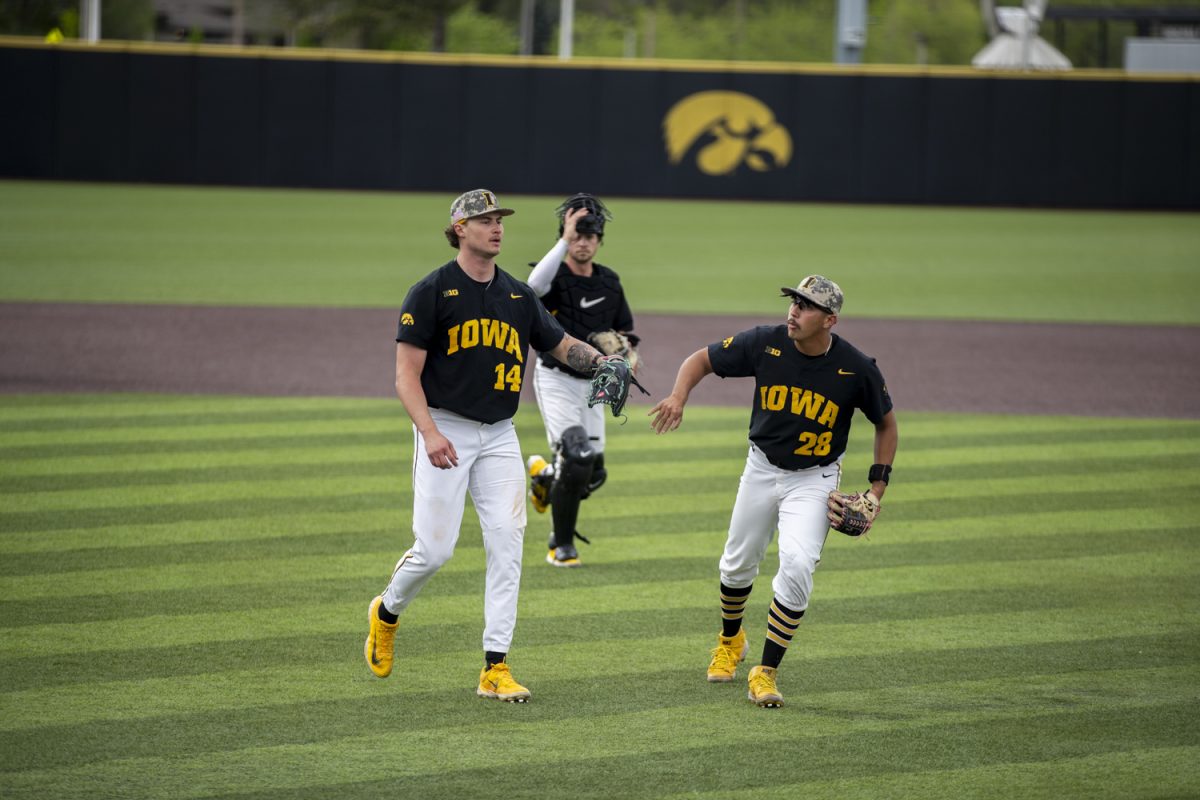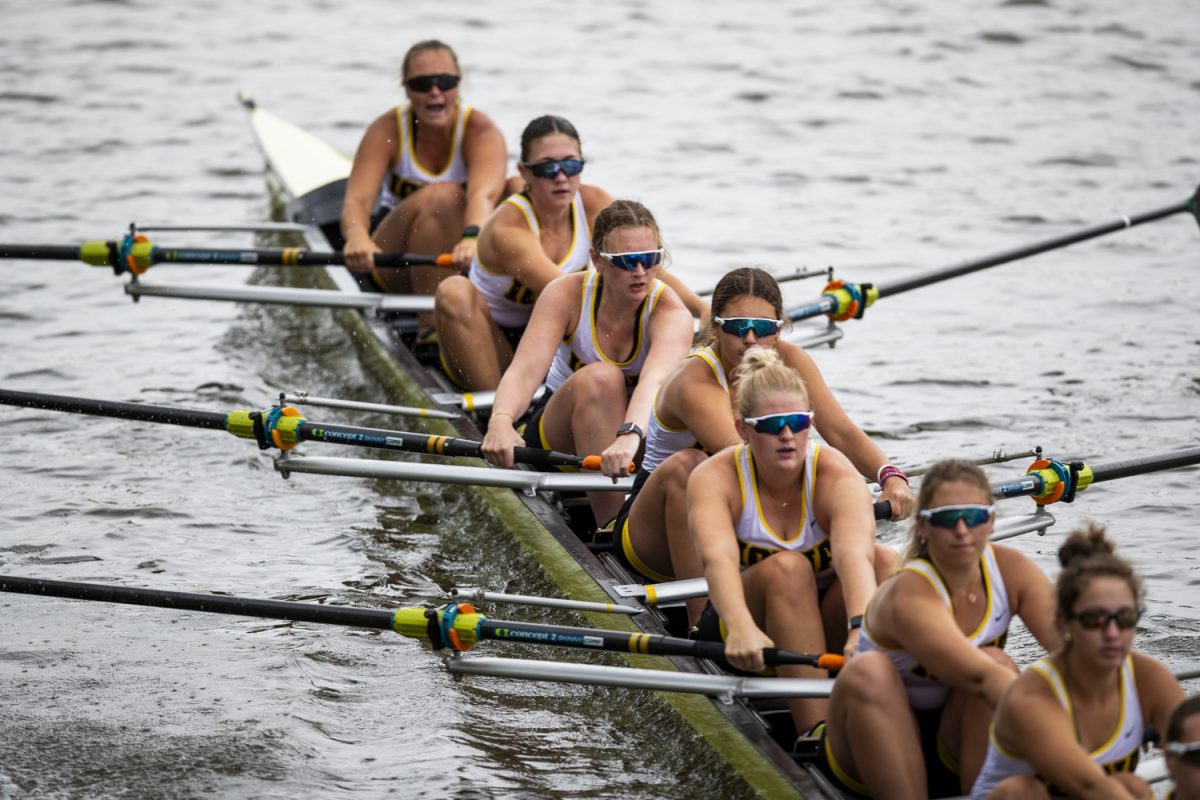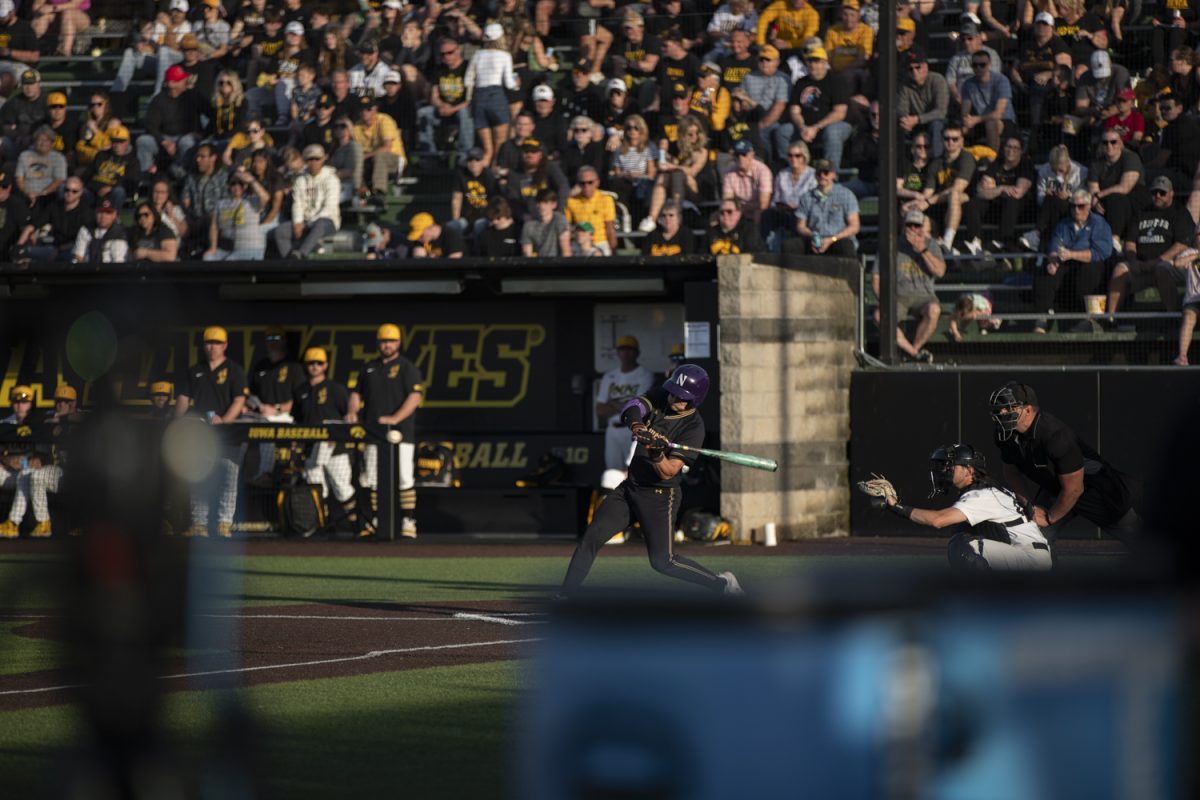NO
In the wake of perhaps the largest college-sports scandal in history, Miami (Fla.) is left with two words that could haunt the Hurricanes for many years to come: “death penalty.”
The crime? Miami athletes, particularly football players, received improper benefits from Nevin Shapiro, a former Miami booster who is serving a 20-year jail sentence for masterminding a $930 million Ponzi scheme.
Shapiro spent more than $2 million from 2002-10 on benefits for Miami football players and a few basketball players as well. The death penalty, which terminates the Hurricanes football program for at least one year, is the only suitable punishment, right?
Wrong.
The last team to receive the NCAA death penalty was Southern Methodist in 1987-88. Now, more than 20 years later, SMU, once a top-tier program, has finally recovered from its wrongdoing.
While some may think the punishment will fit the crime for Miami, that’s not the case.
Yes, the Miami players did receive highly illegal benefits , but none of the punishments would be administered to the criminals. While Shapiro is already behind bars until 2030 and a few upperclassmen on the Hurricane roster will likely be disciplined, all of the other players involved have since graduated. This leaves current and incoming players to pay for prior athletes’ crimes.
One must also take into account how Miami’s opponents would be affected by the death penalty.
Eliminating Miami from the ACC for a year would severely alter the schedules of other teams that had Miami on their slates; this would not only weaken the schedules of other teams, but the teams that were set to play Miami would lose out on hundreds of thousands of dollars.
Above all else, though, Miami shouldn’t get its program eliminated for one reason: the fans. Can you imagine a school year without Hawkeye football? That truly is the death penalty.
— by Ben Ross
YES
The allegations of booster Nevin Shapiro have rocked the Miami football program and have raised a question almost unheard of for nearly 25 years.
Should the iconic Hurricane program be subjected to the death penalty, which bans a team from competing for at least one season?
Given the scope and severity of Shapiro’s accusations, the answer to that question is yes.
Shapiro alleged that he provided benefits to at least 72 Hurricane athletes from 2002-10. These benefits included cash, prostitutes, gifts, and even an abortion, and involved such players as Devin Hester, Kellen WInslow, and current QB Jacory Harris.
The booster also alleged that seven Miami coaches in football and men’s basketball were fully aware of the violations but did nothing to stop them, another major strike in the eyes of the NCAA.
If Shapiro’s accusations are proven true, the Hurricanes would have violated four major NCAA bylaws.
The NCAA’s harshest punishment in recent memory came last year, when USC was given a two-year bowl ban and had scholarships taken away as a result of violations regarding Reggie Bush and O.J. Mayo. The magnitude of the Miami allegations far exceed the scope of the USC scandal.
USC’s violation stemmed from improprieties regarding only two players, as opposed to the 72 alleged by Shapiro. The shocking nature of Shapiro’s accusations even exceeds the violations of SMU in the 1980s that led to the death penalty for the Mustangs.
The NCAA and its president, Mark Emmert, have vowed to crack down on violations recently, and Emmert has said he is not opposed to using the death penalty. The NCAA’s new hard-line stance could make an example out of the Miami program by enacting its harshest punishment.
If true, the violations of the Miami football program are easily severe enough to warrant the death penalty, even if it would be a program-crippling blow.
— by Ryan Murphy






